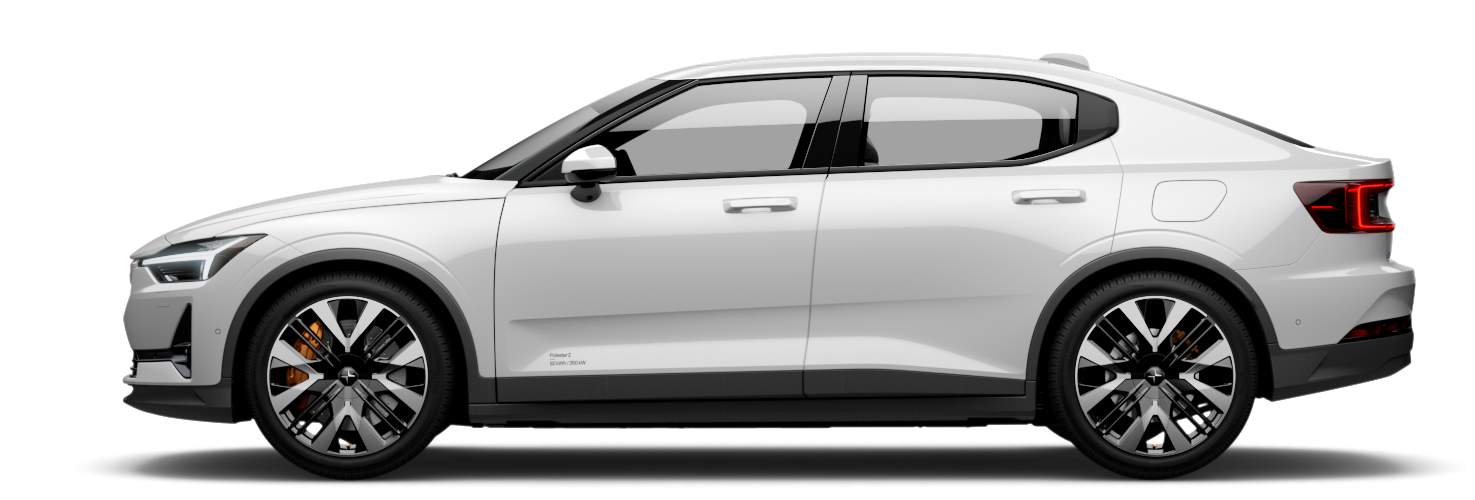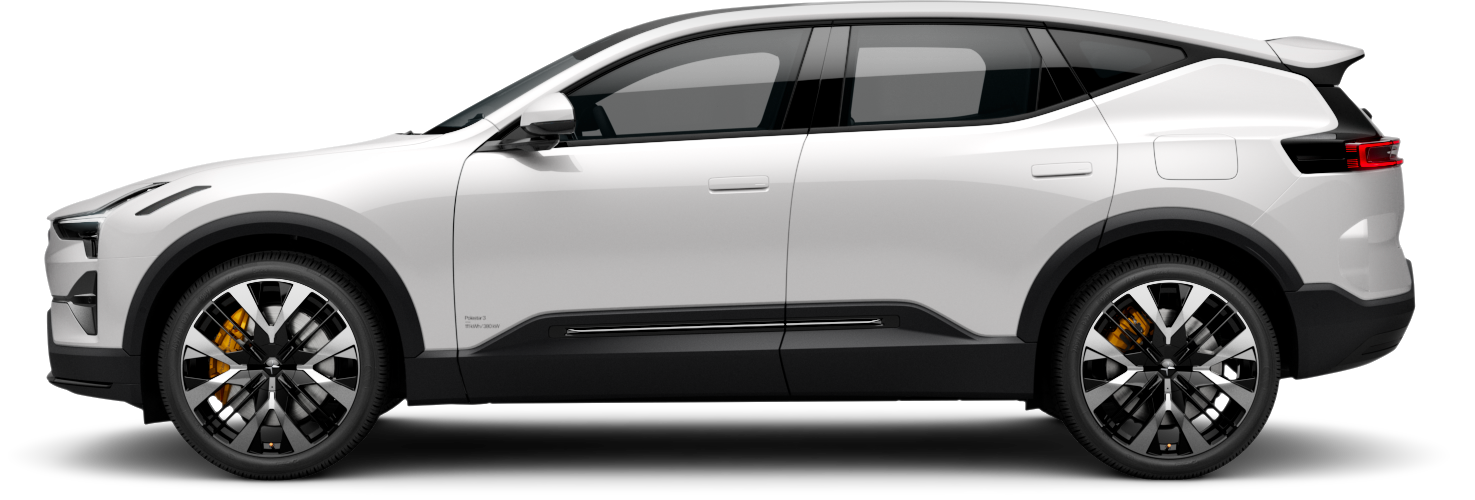Driver behavior detection
Driver behavior detection is used to verify that specific conditions are met when driving and using certain features. The camera, located between the windshield and the driver's door, continuously tracks the driver's behavior. The information from this camera is used by several driver support features.
- Head and body posture
- Eye movement and focus
- Signs of tiredness or fatigue
An important part of the monitoring system is checking that the driver's hands are on the steering wheel when driving.
Note
System for understanding the driver
In addition to tracking the driver's attention, the vehicle monitors some other parts of driving. This includes keeping the doors closed and seat belts buckled while driving. The individual detection points are combined to form a better understanding of the driver's focus, attention and behavior.
Information from the behavior detection system is combined to identify whether the driver's attention is focused on driving. This includes keeping track of traffic and surroundings, as well as being attentive and alert. The detection system can give you notifications in the instrument panel.
Reliant features and functions
The driver behavior detection system keeps track of the driver's behavior to decide if the vehicle is being handled safely. If the system is blocked or detects driver misuse, it can trigger a response from several other features or functions of the vehicle.
| Driver alert | Driver alert can notify you if you seem tired or unfocused. |
| Pilot Assist | Pilot Assist can be deactivated if you seem unfocused or don't respond to requests to keep your hands on the steering wheel. |
Conditions and limitations
The driver behavior detection system relies on cameras for detection and tracking. While the system is advanced, cameras have limitations related to visibility that can affect the system's detection capabilities. Read the separate section about the conditions and limitations of your vehicle's cameras to understand how features relying on camera detection are affected.
- Improperly stowed items can obscure the view of the driver, as can dust and dirt on the camera lens. Keep the driver's space clean and clutter-free.
- Wearing certain clothing and accessories can obstruct parts of the driver's face that need to be visible for attention tracking, such as the eyes.
Important
Affecting the system
Do not cover the cameras. The cameras can be fully or partially obscured by objects hung or placed on or around them. If the cameras are obscured or covered, your vehicle will notify you with a message on the instrument panel.
Do not intentionally try to trick the driver behavior detection system. The system is there to keep driving as safe as possible. By limiting the system's ability to detect a dangerous situation, you also limit its ability to perform a safety intervention.





